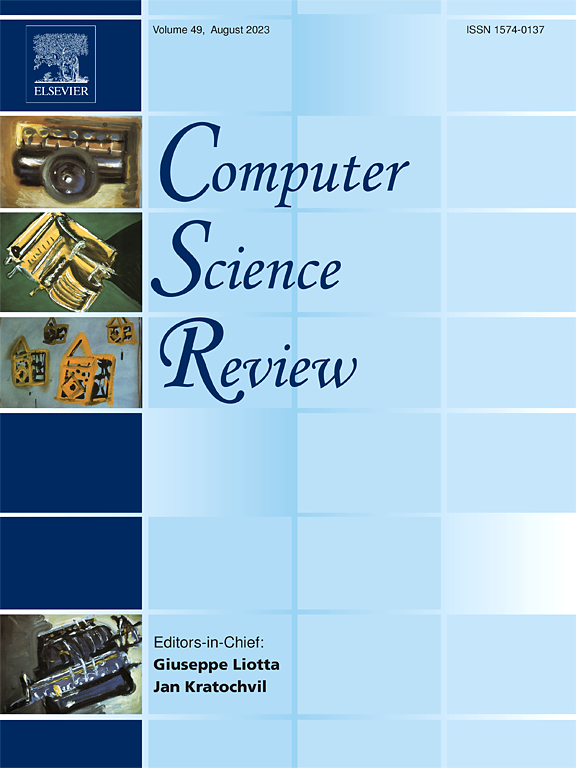人机协作研究热点与趋势:文献计量学分析
IF 12.7
1区 计算机科学
Q1 COMPUTER SCIENCE, INFORMATION SYSTEMS
引用次数: 0
摘要
人机协作是未来人机关系的重要模式。迫切需要总结其现状,勾画其研究轨迹,探索其未来发展趋势。本文采用文献计量学方法,以Web of Science核心数据库中1713篇与人机协作相关的出版物为初始数据。本研究利用科学文献计量学和VOSviewer、CiteSpace等软件工具,构建了包含出版年份分布、国家、研究机构、作者、关键词聚类、引文网络分析等内容的科学知识图谱,促进了对该领域的全面了解。本研究旨在全面梳理1990年至2024年11月国际人机协作研究概况,识别当前的研究热点和理论基础,并根据当前的研究重点探索新的发展趋势。这一研究趋势将推动人机协作领域不断向智能化、用户导向、高效化方向发展,并为更紧密的人机协作提供丰富的研究机会。本文章由计算机程序翻译,如有差异,请以英文原文为准。
Research hotspots and trends of human-computer collaboration: A bibliometric analysis
Human-computer collaboration represents a crucial model for future human-machine relationships. There is an urgent need to summarize its current state, delineate its research trajectory, and explore future trends. This paper employs a bibliometric approach, using 1713 human-computer collaboration-related publications from the Web of Science core database as initial data. With the scientific bibliometrics and software tools like VOSviewer and CiteSpace, this study creates a scientific knowledge map, which includes publication year distribution, countries, research institutions, authors, keyword clustering, and citation network analysis, facilitating a comprehensive understanding of the field. This research aims to provide a comprehensive overview of international human-computer collaboration research from 1990 to November 2024, identifying current research hotspots and theoretical foundations and exploring new trends in line with current research focuses. This research trend will drive the field of human-computer collaboration to continue to evolve towards intelligence, user-orientation, efficiency and provides a wealth of research opportunities for closer human-computer collaboration.
求助全文
通过发布文献求助,成功后即可免费获取论文全文。
去求助
来源期刊

Computer Science Review
Computer Science-General Computer Science
CiteScore
32.70
自引率
0.00%
发文量
26
审稿时长
51 days
期刊介绍:
Computer Science Review, a publication dedicated to research surveys and expository overviews of open problems in computer science, targets a broad audience within the field seeking comprehensive insights into the latest developments. The journal welcomes articles from various fields as long as their content impacts the advancement of computer science. In particular, articles that review the application of well-known Computer Science methods to other areas are in scope only if these articles advance the fundamental understanding of those methods.
 求助内容:
求助内容: 应助结果提醒方式:
应助结果提醒方式:


